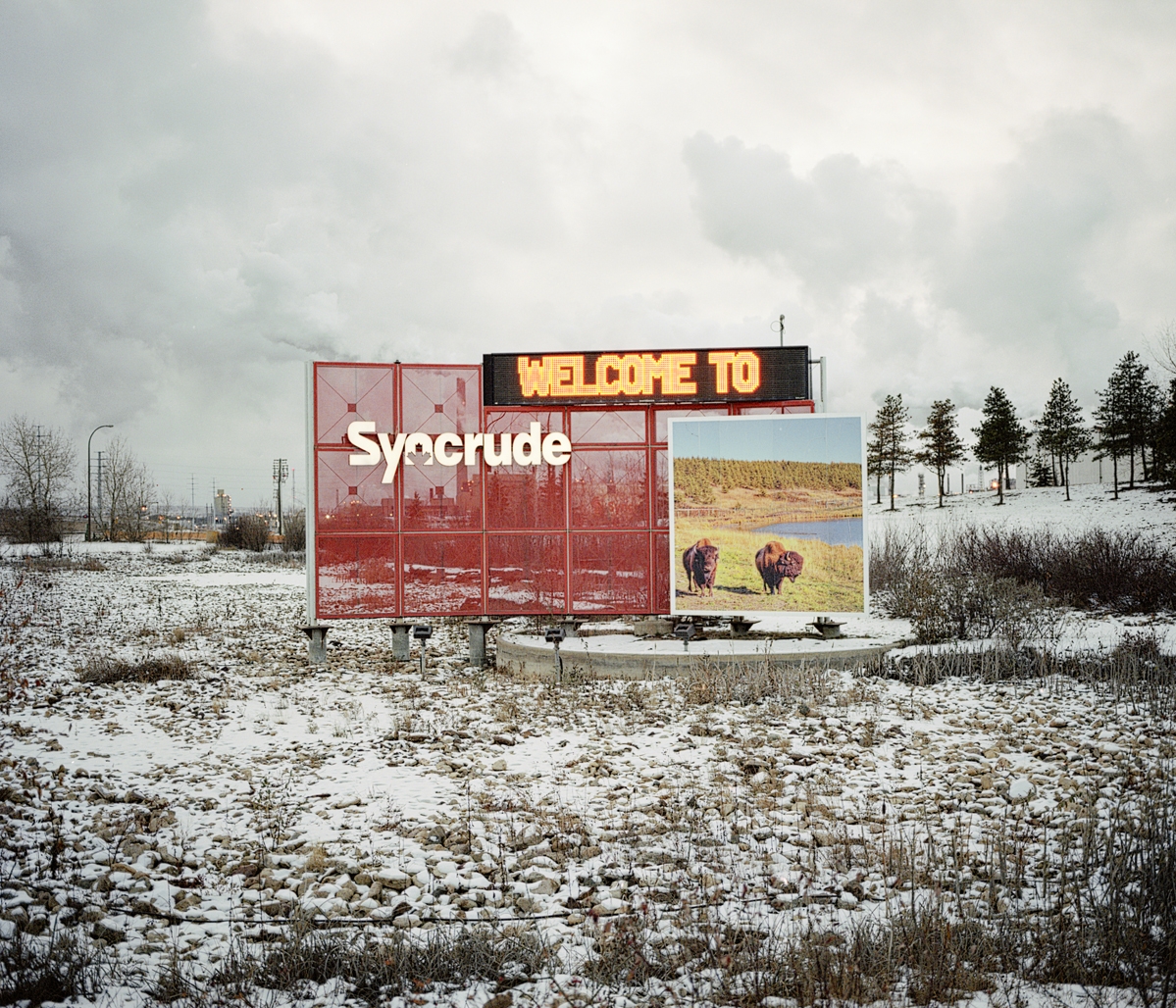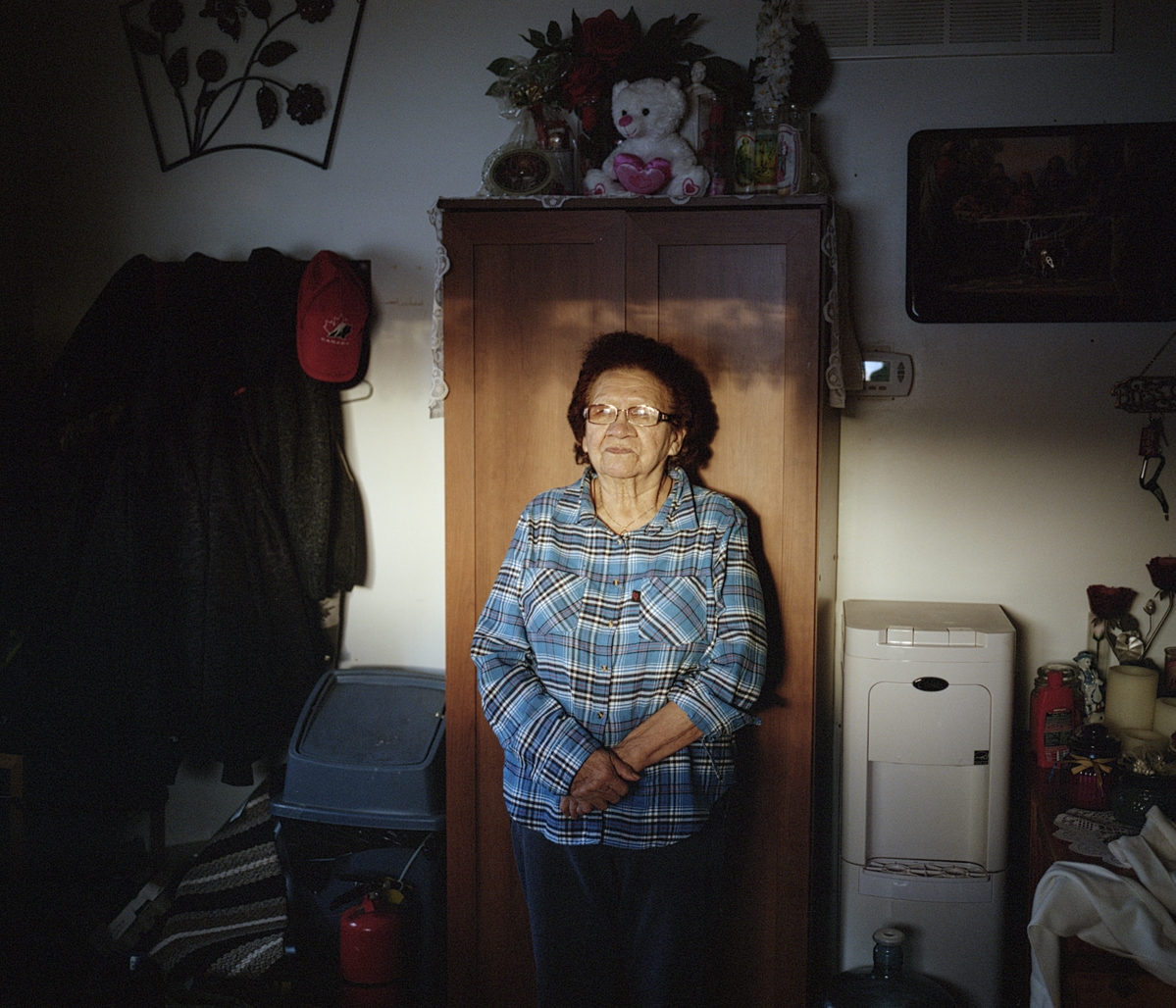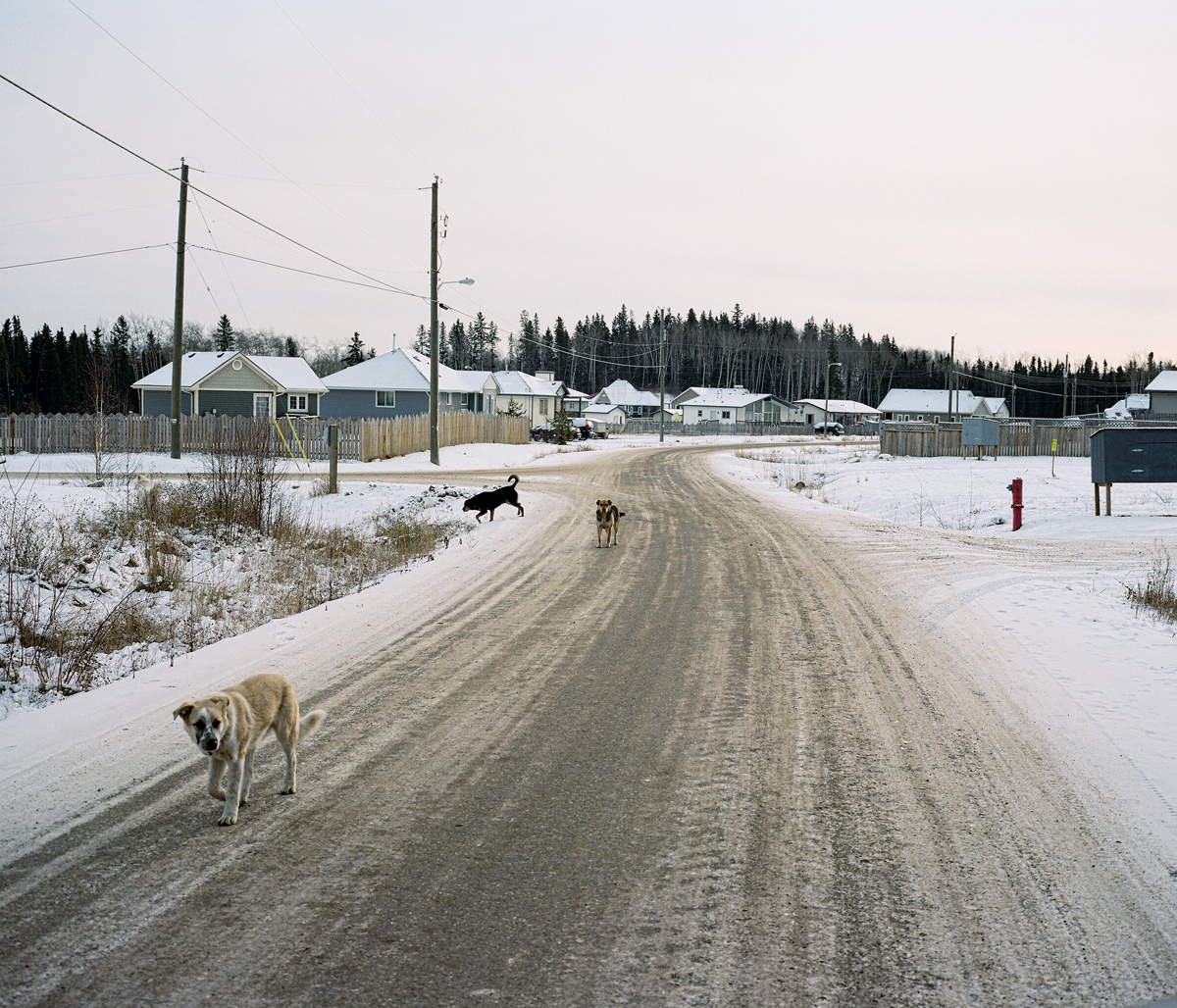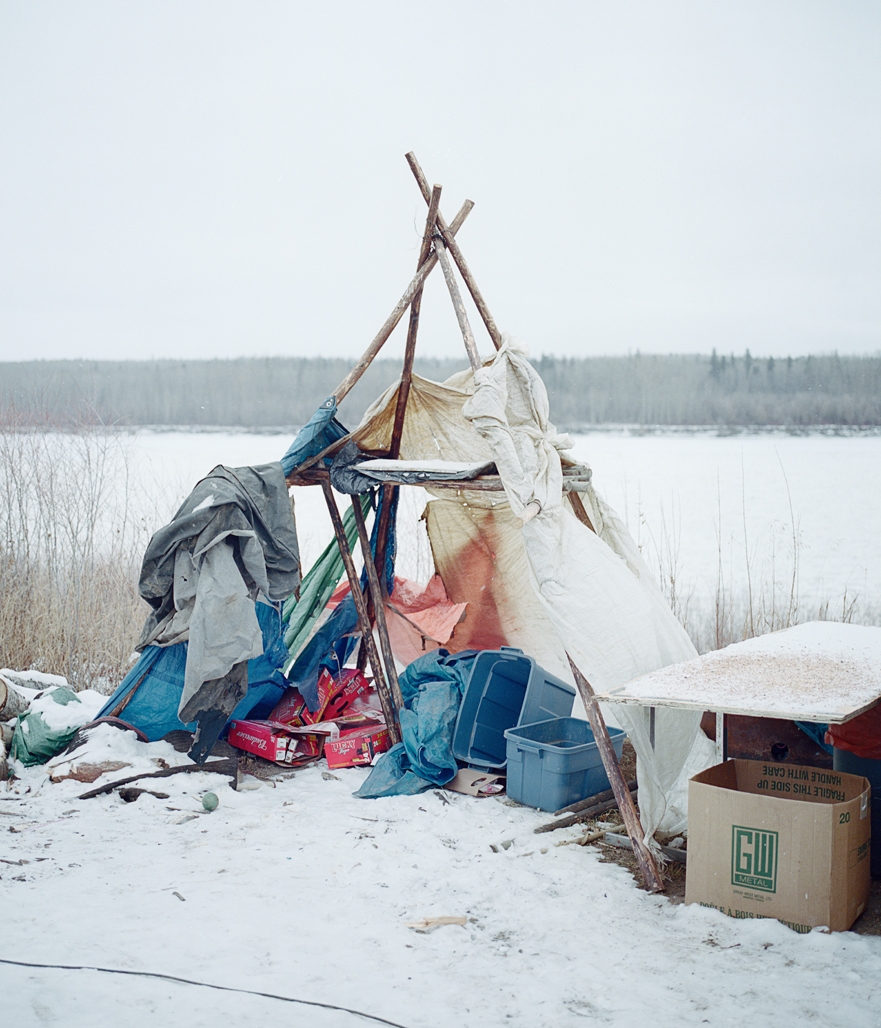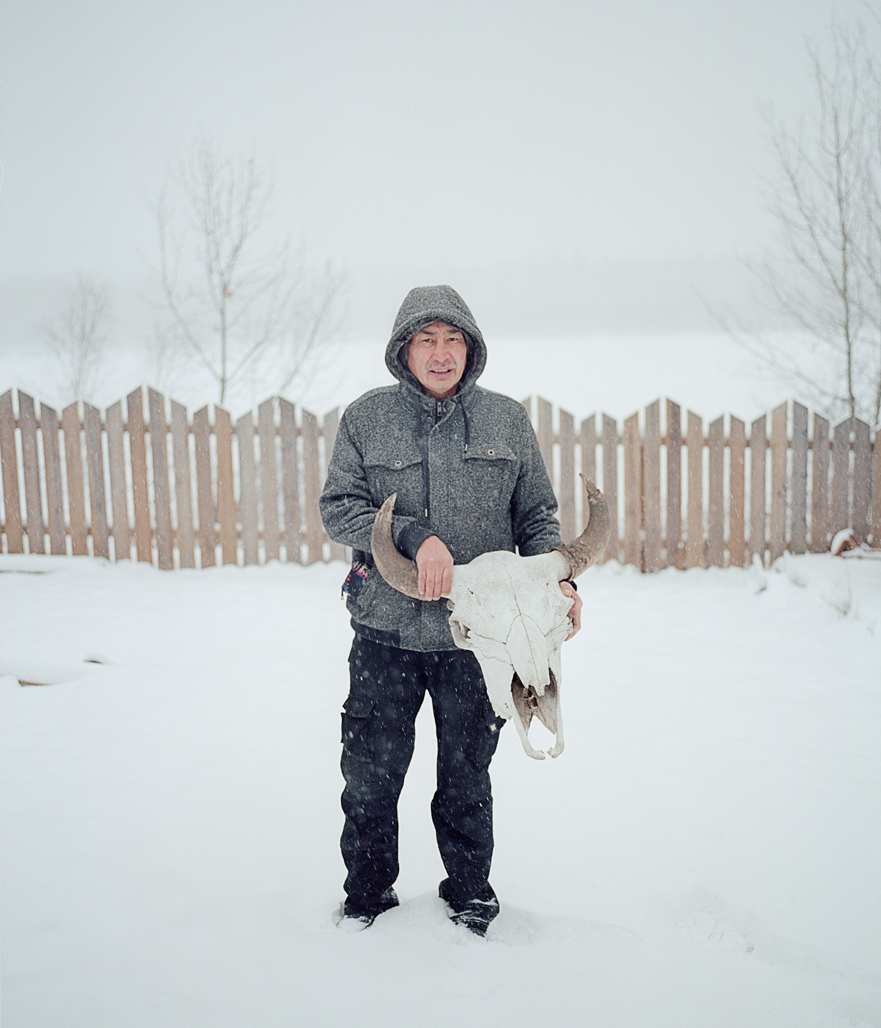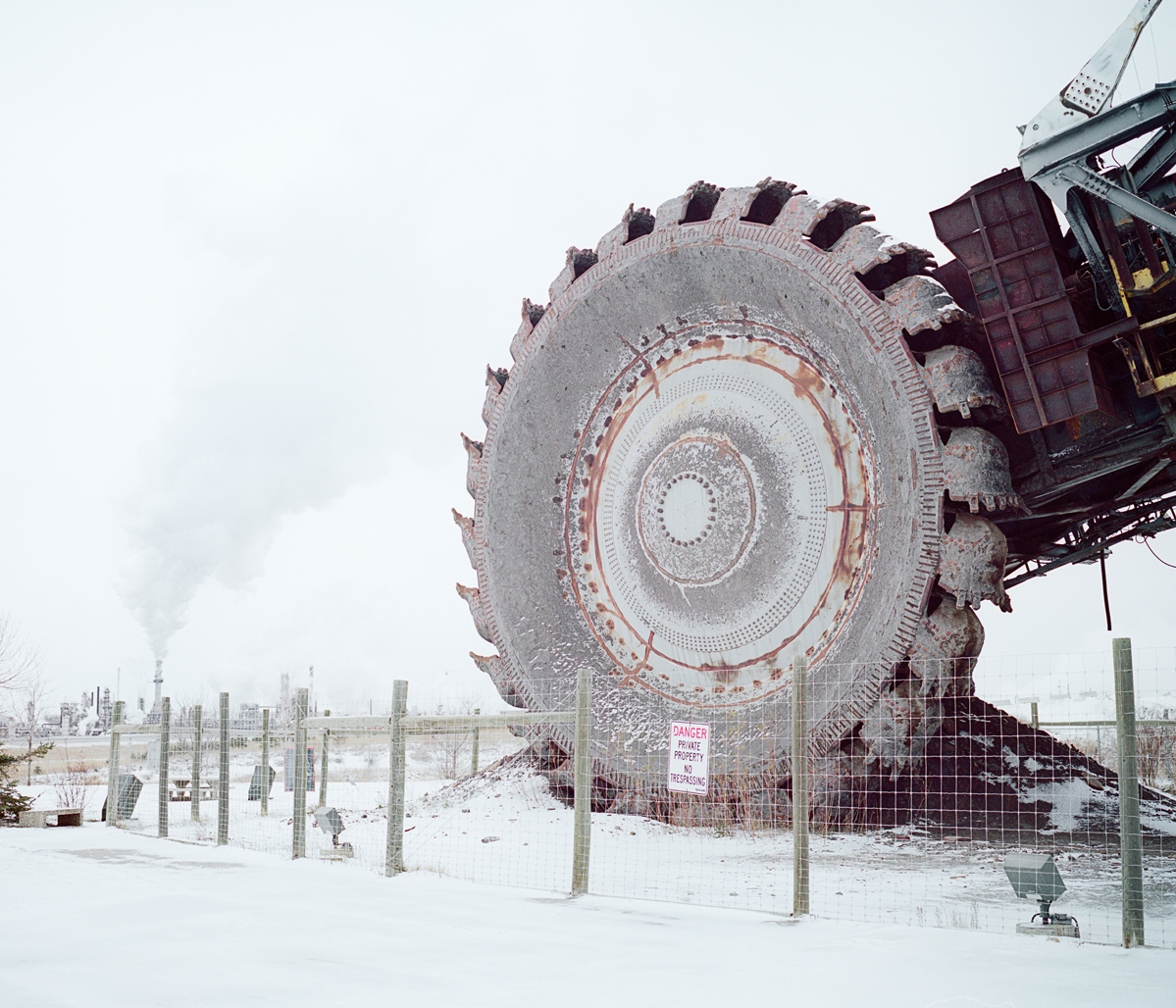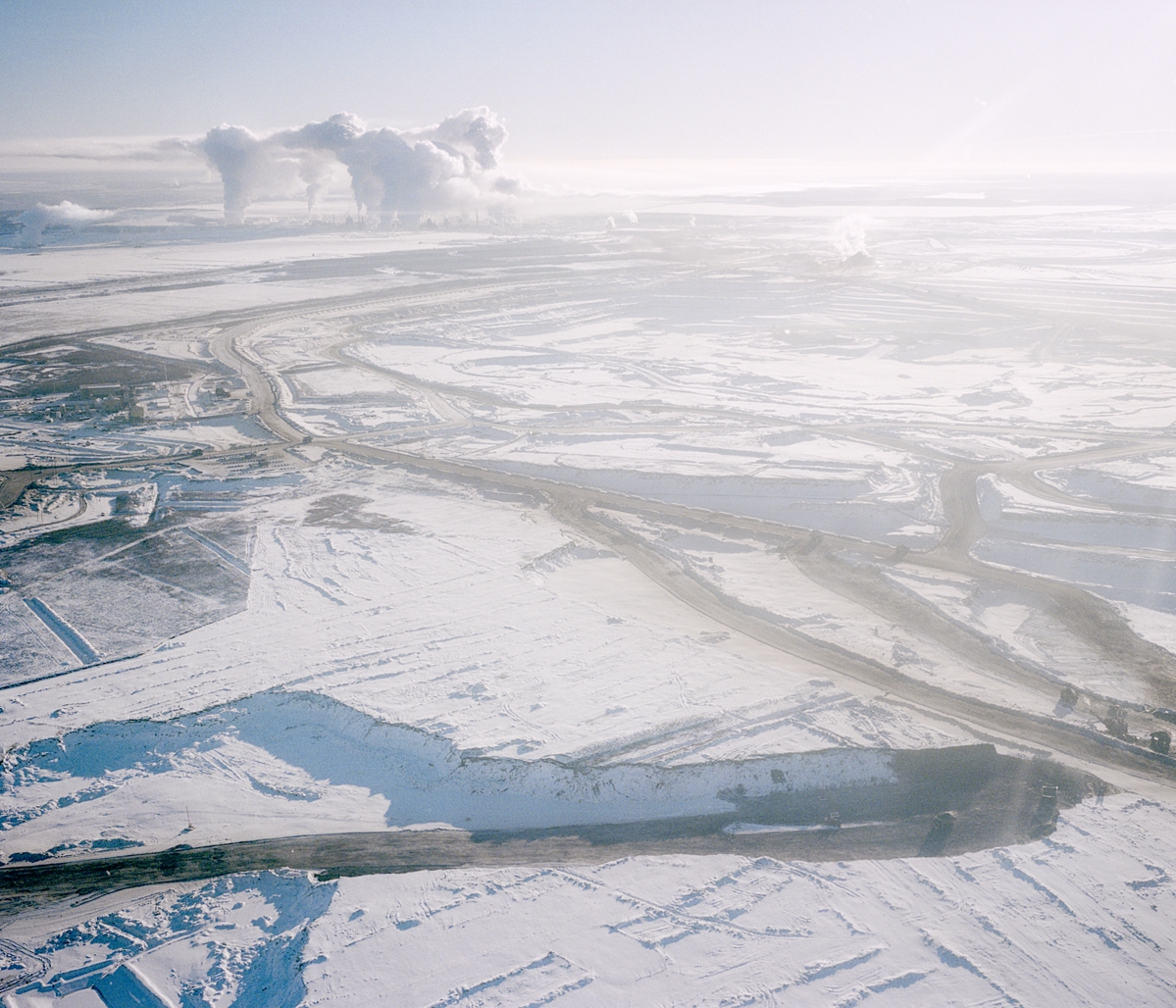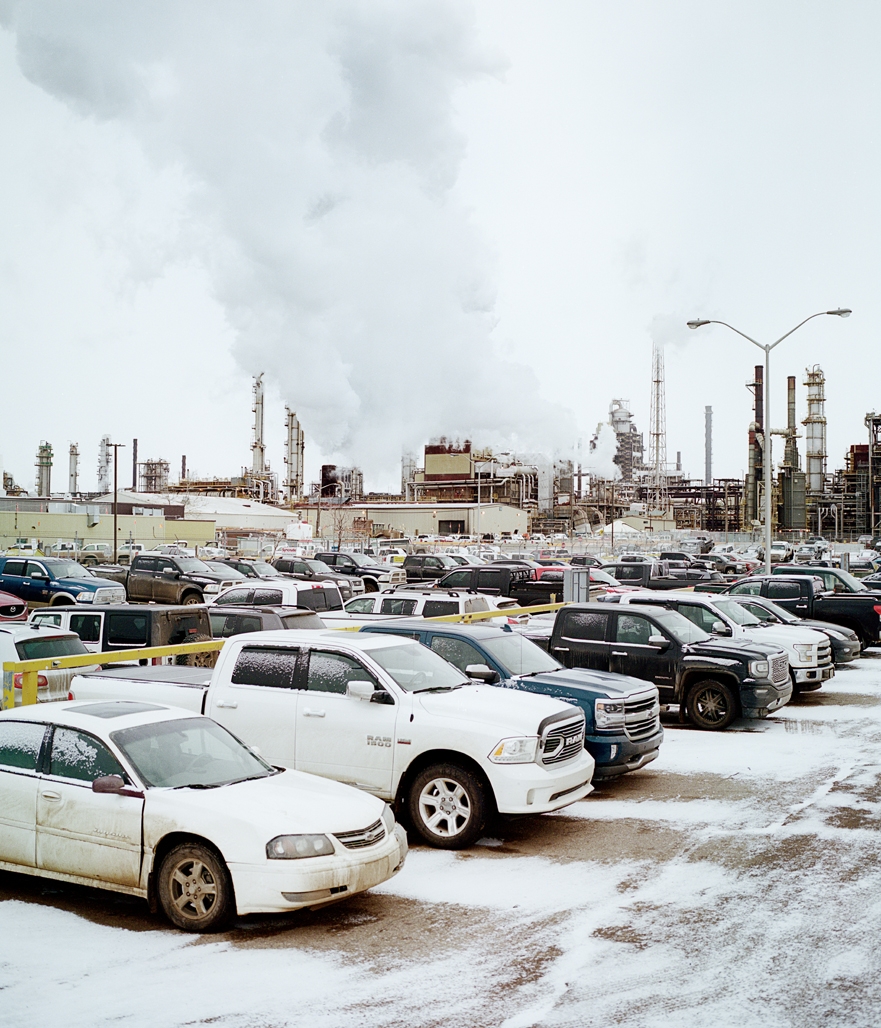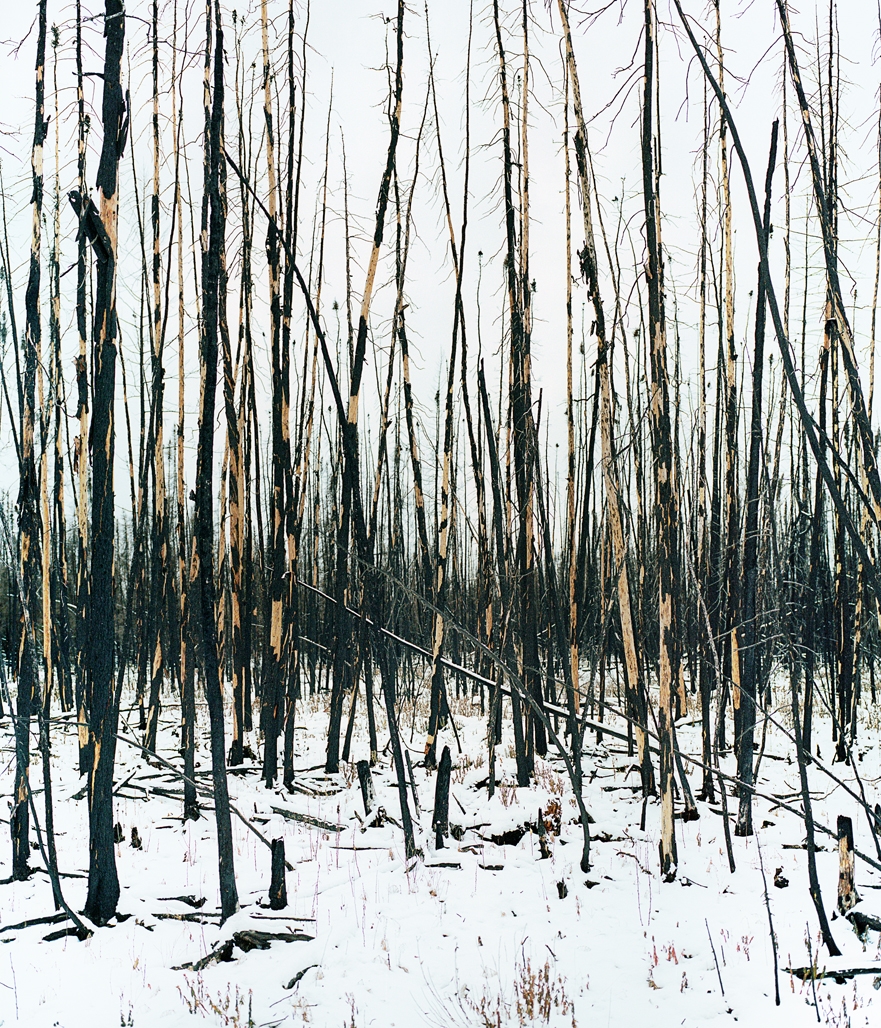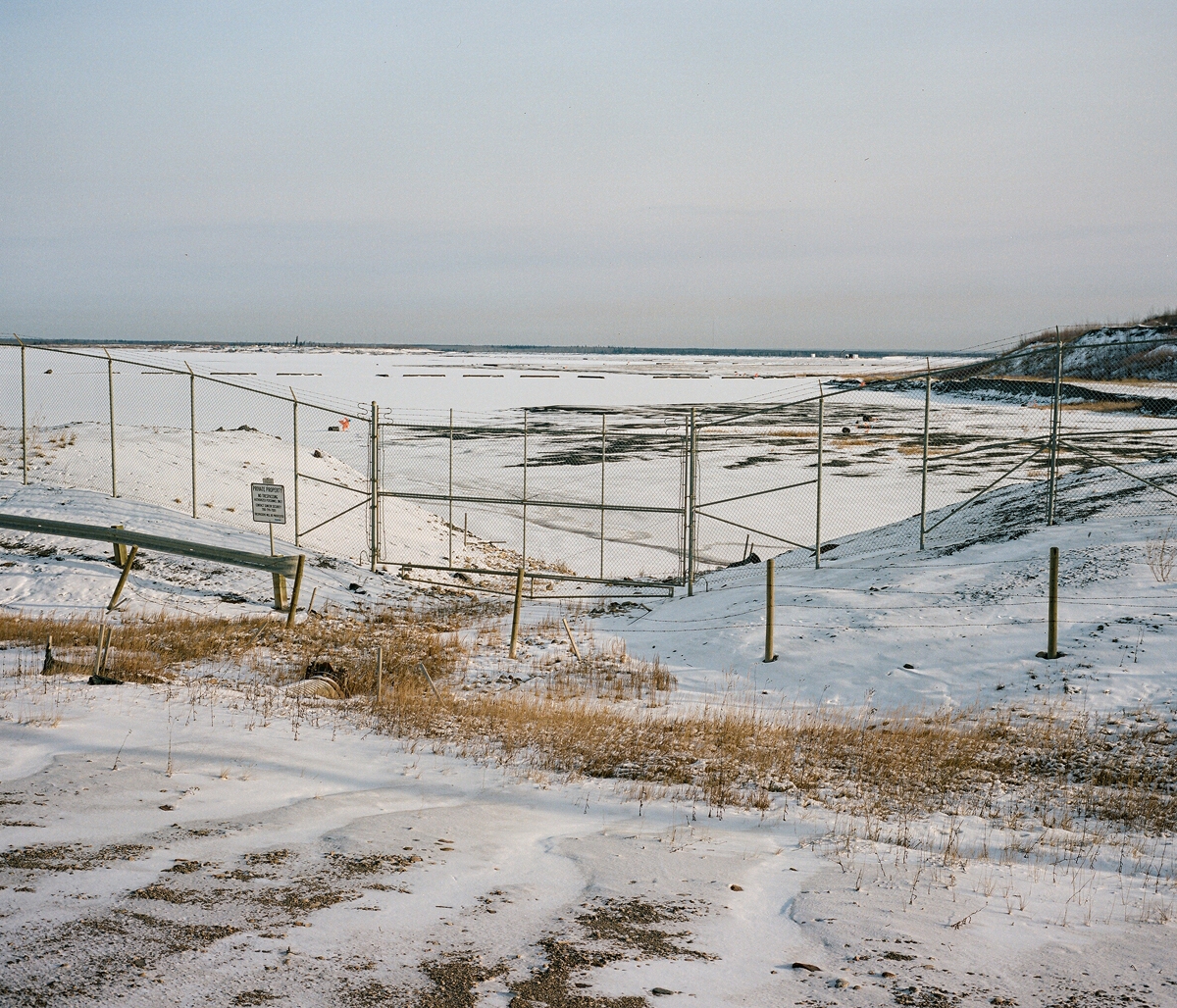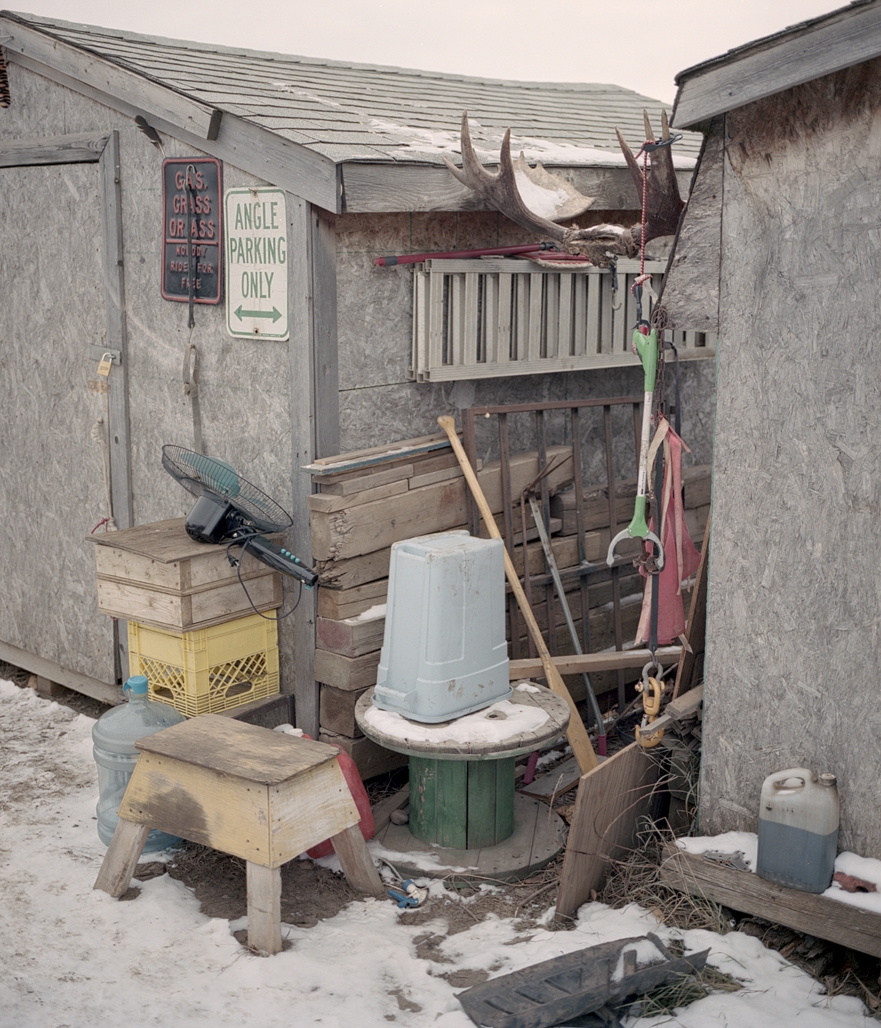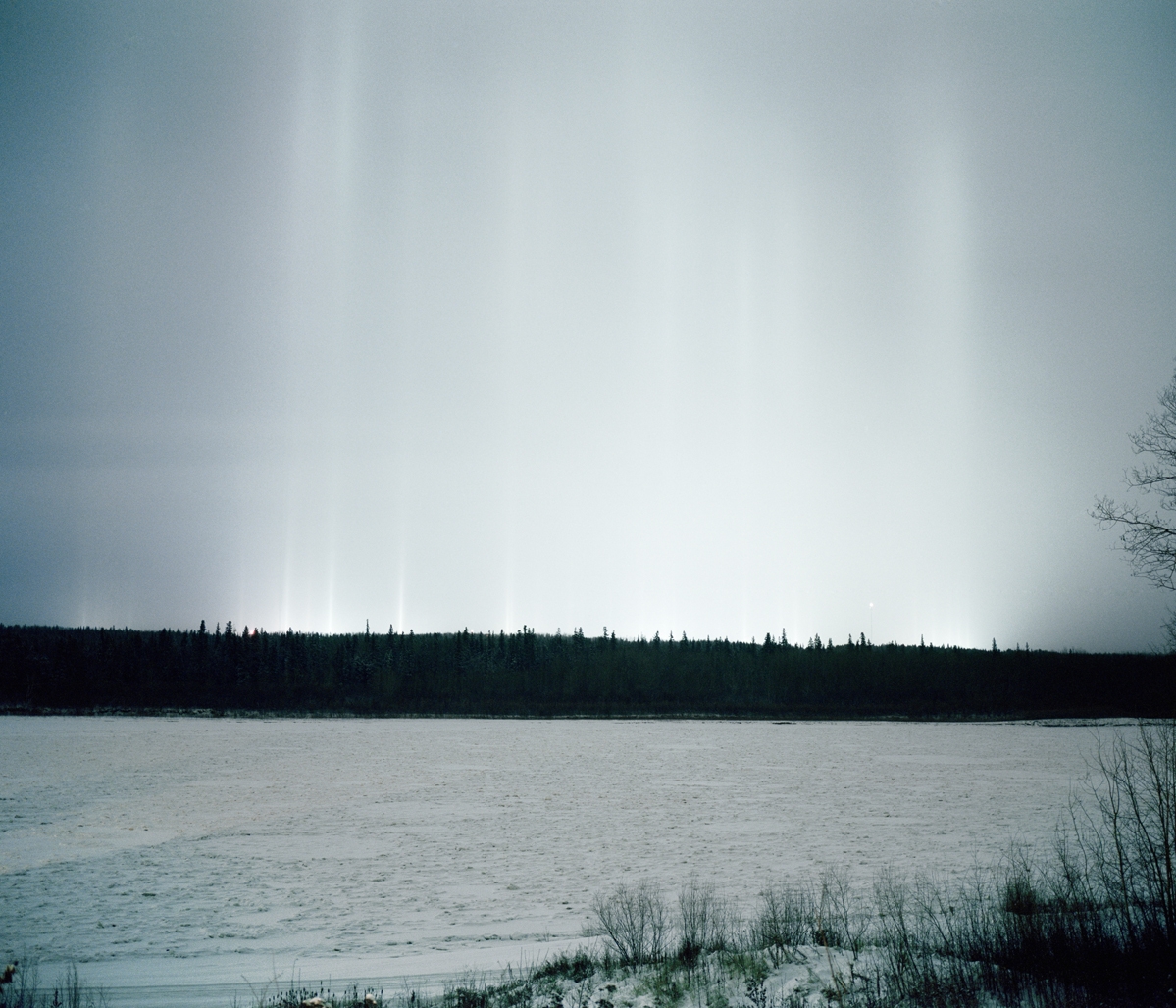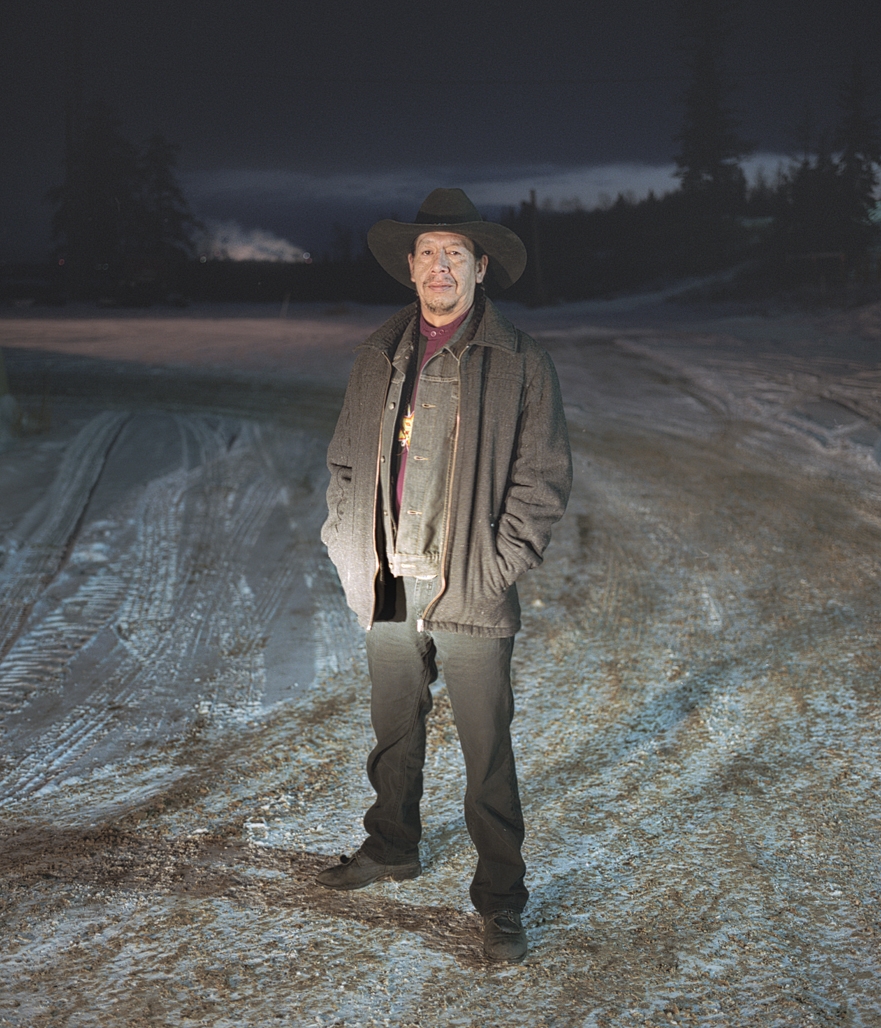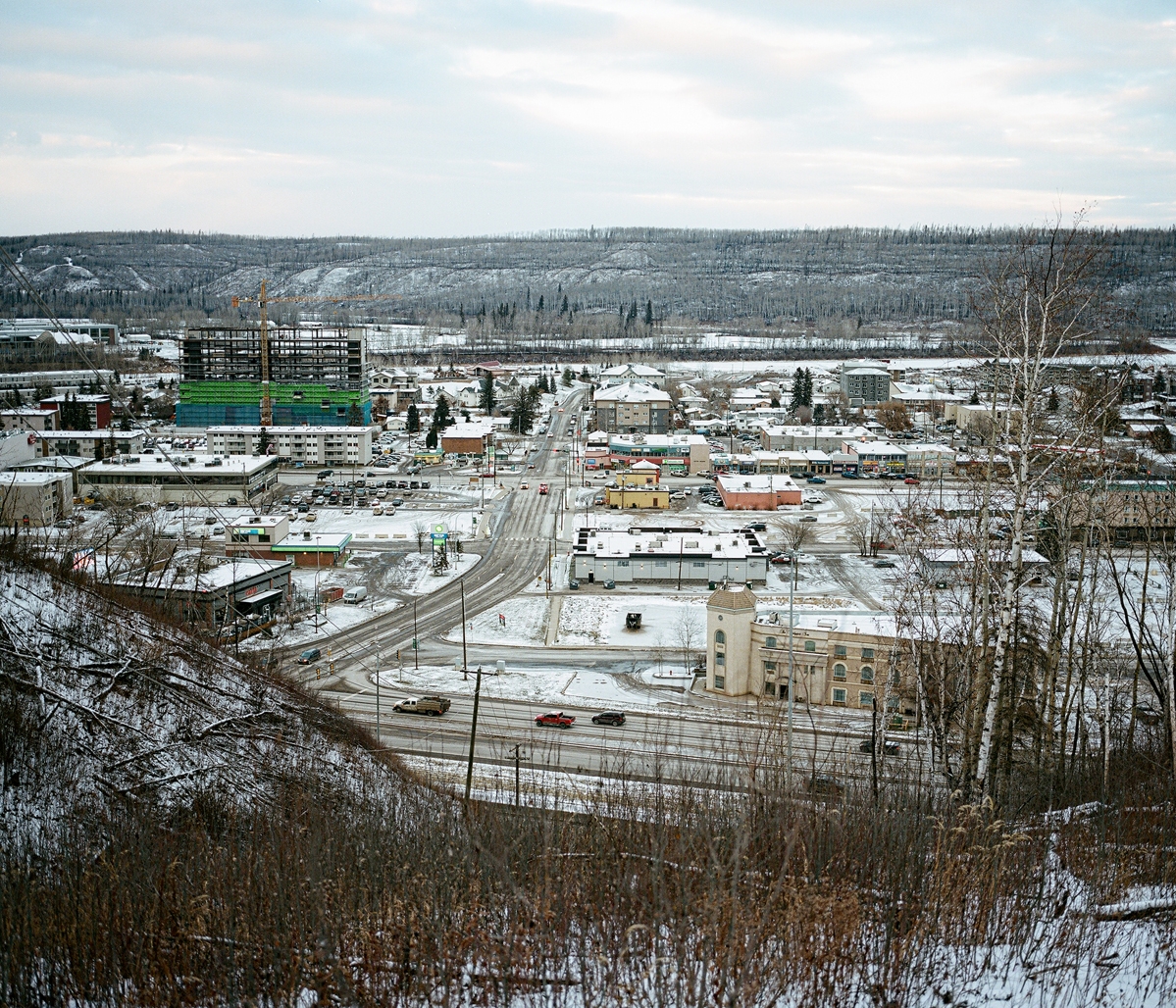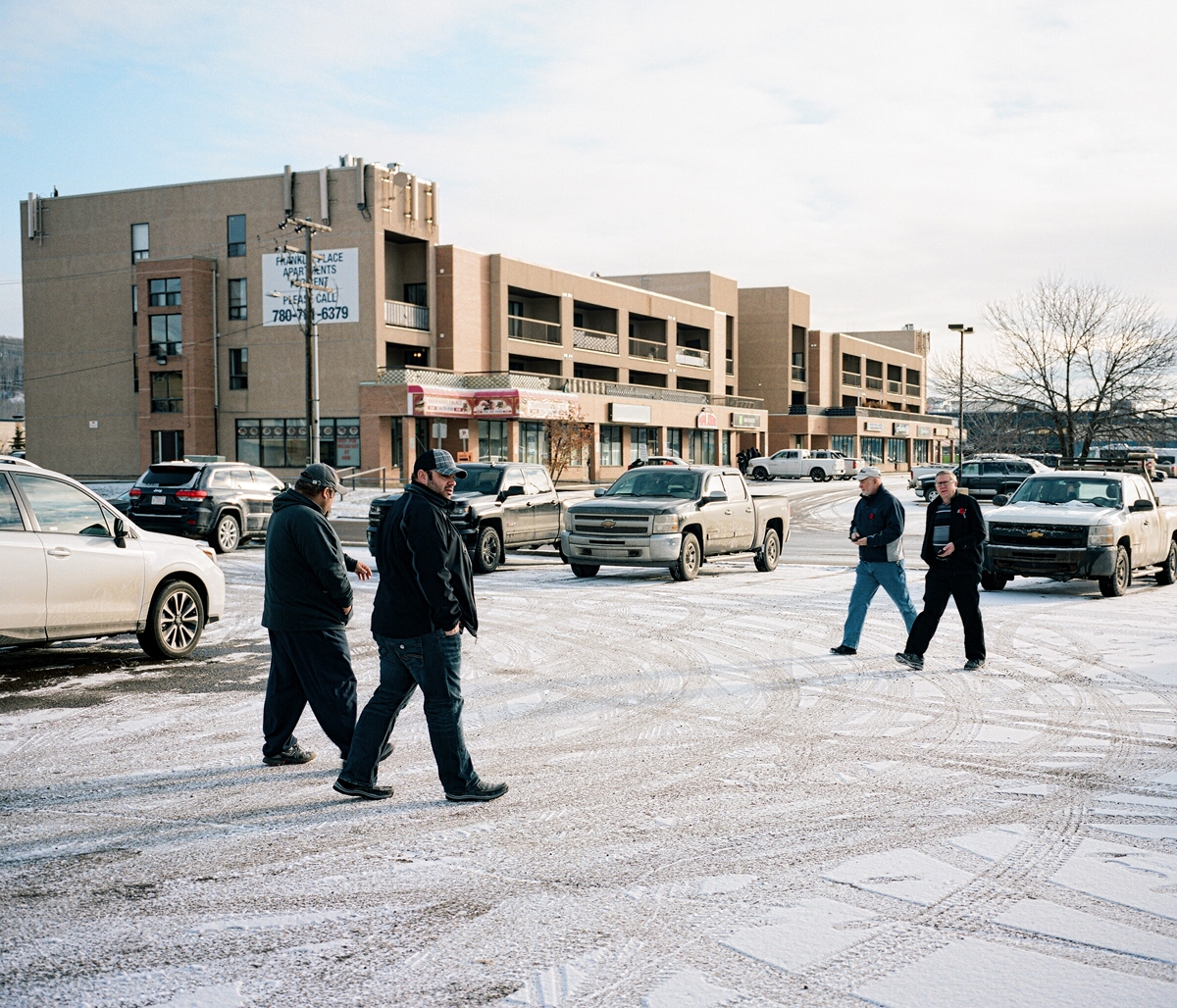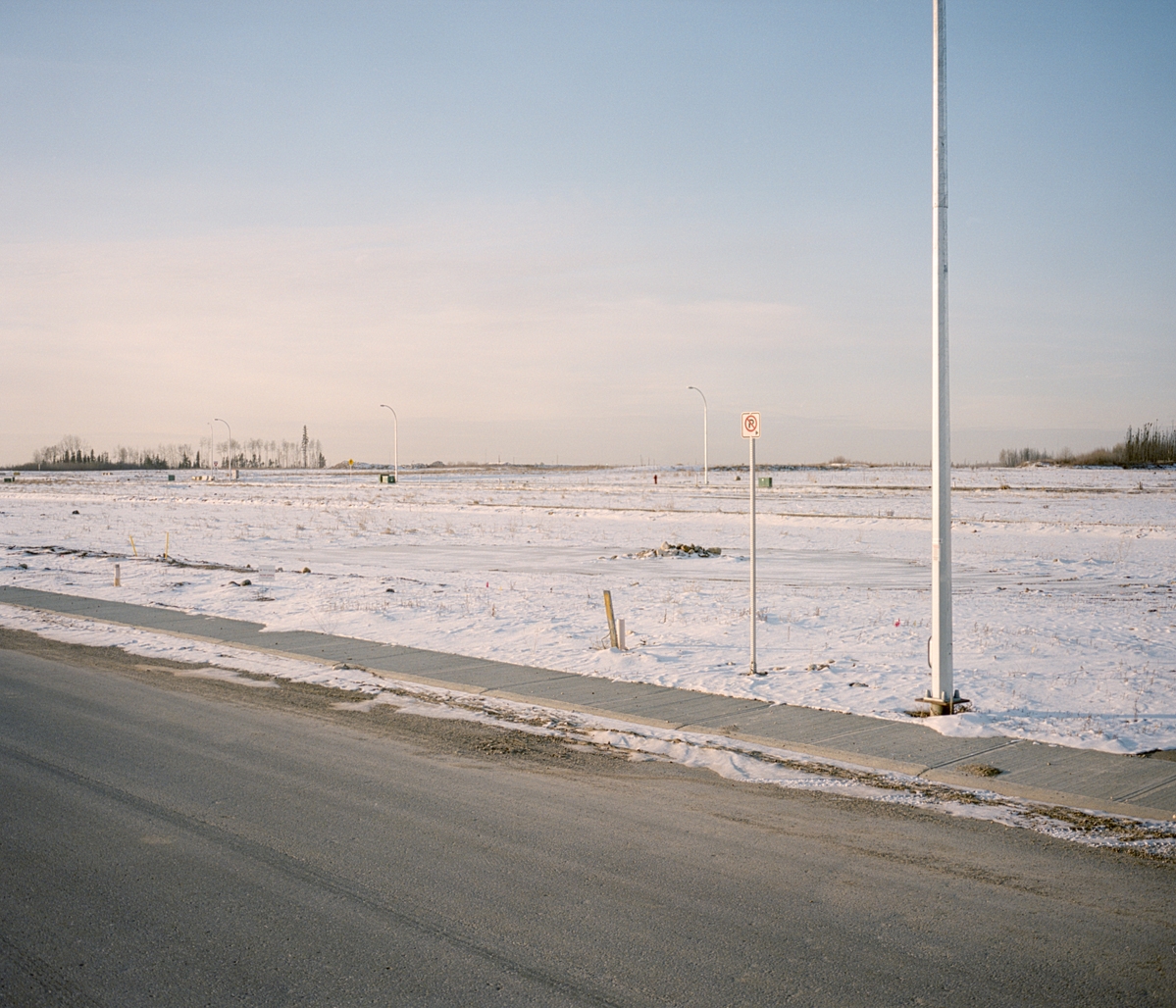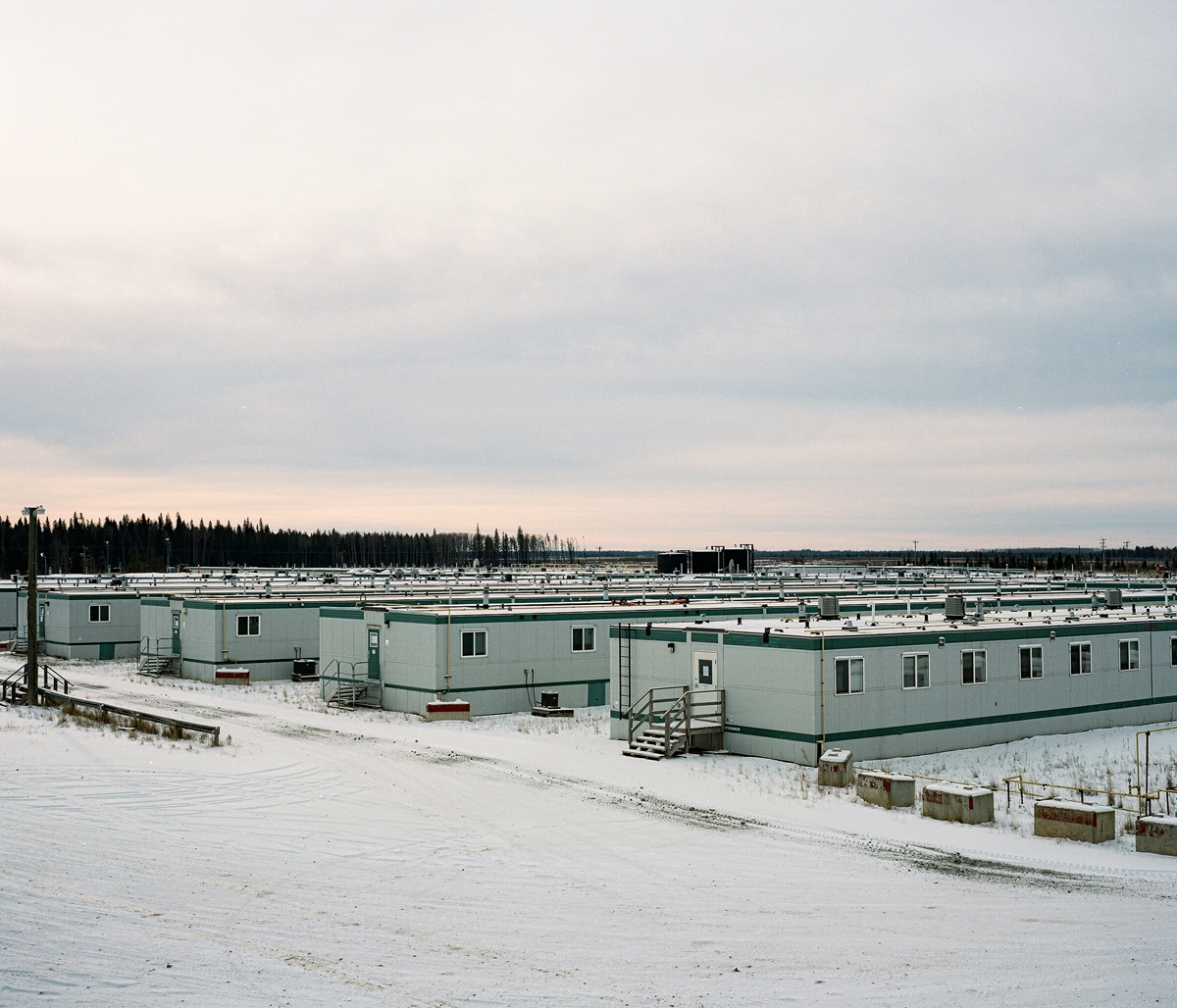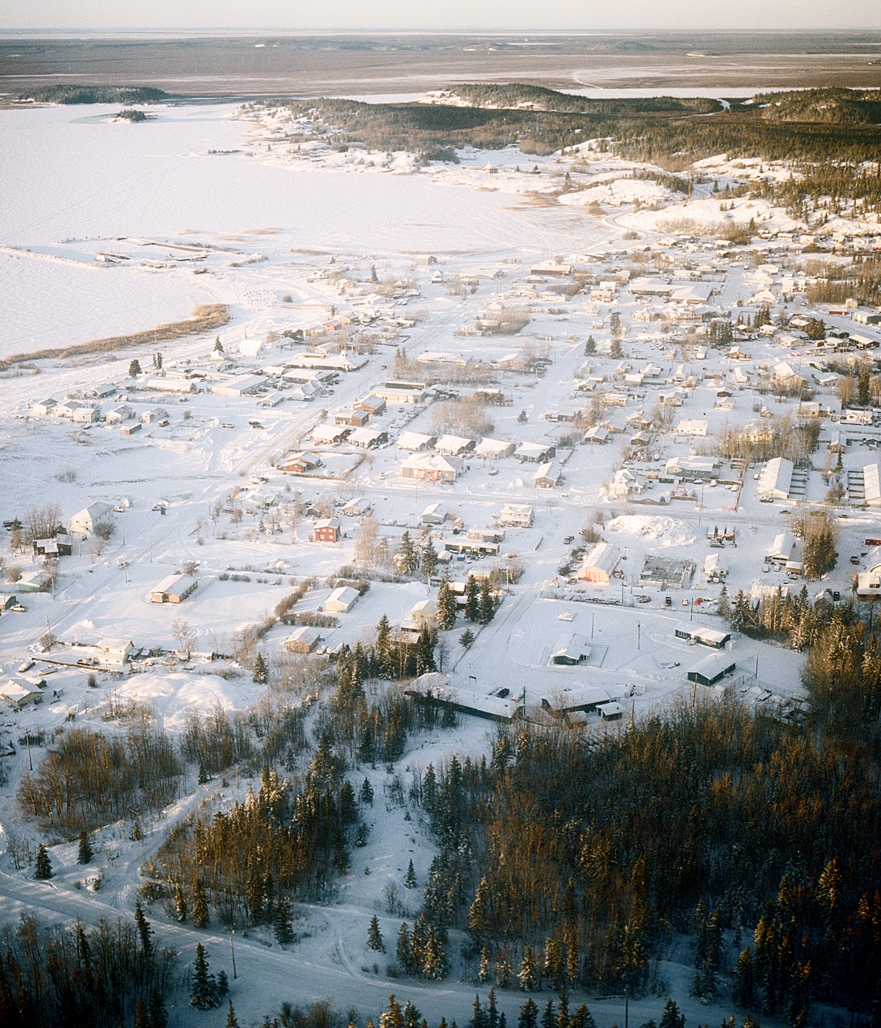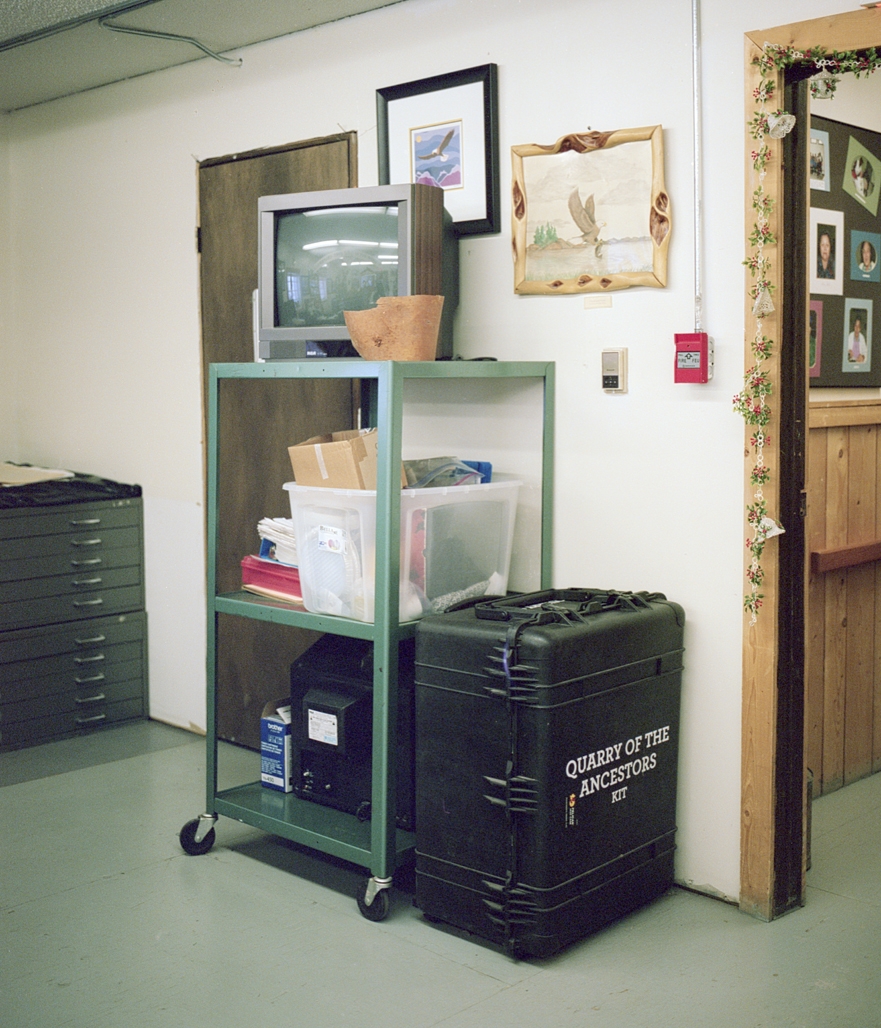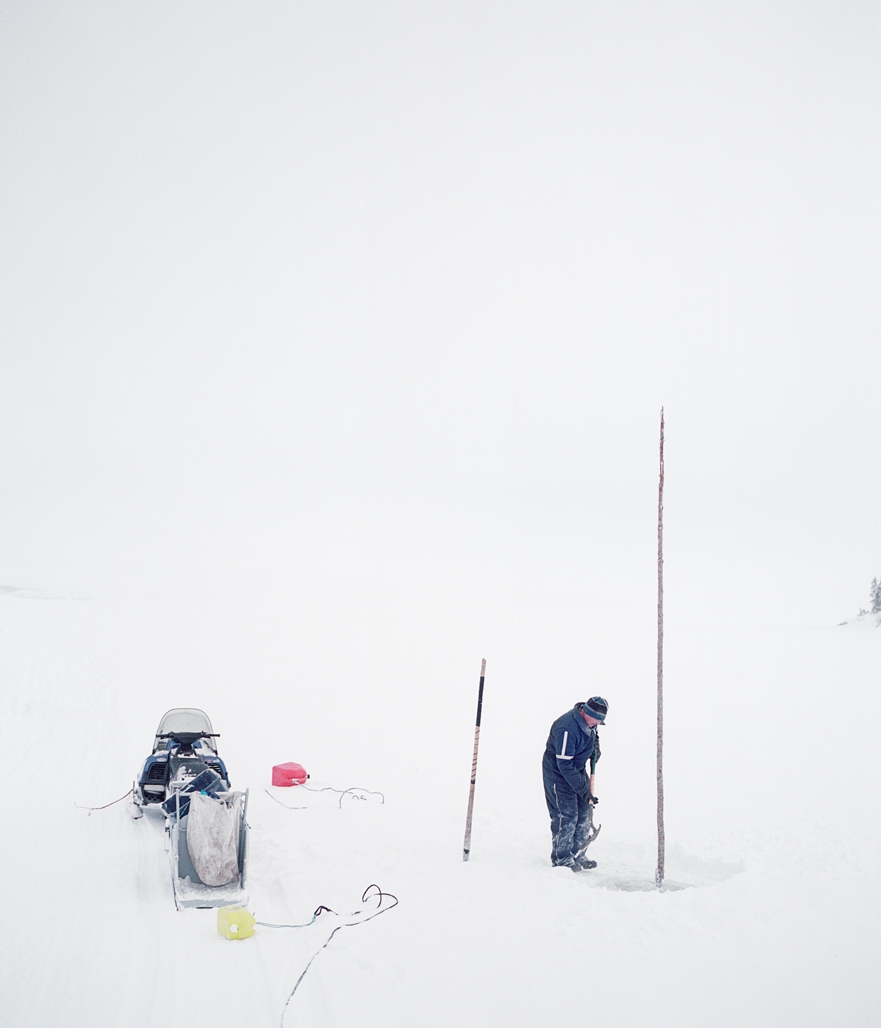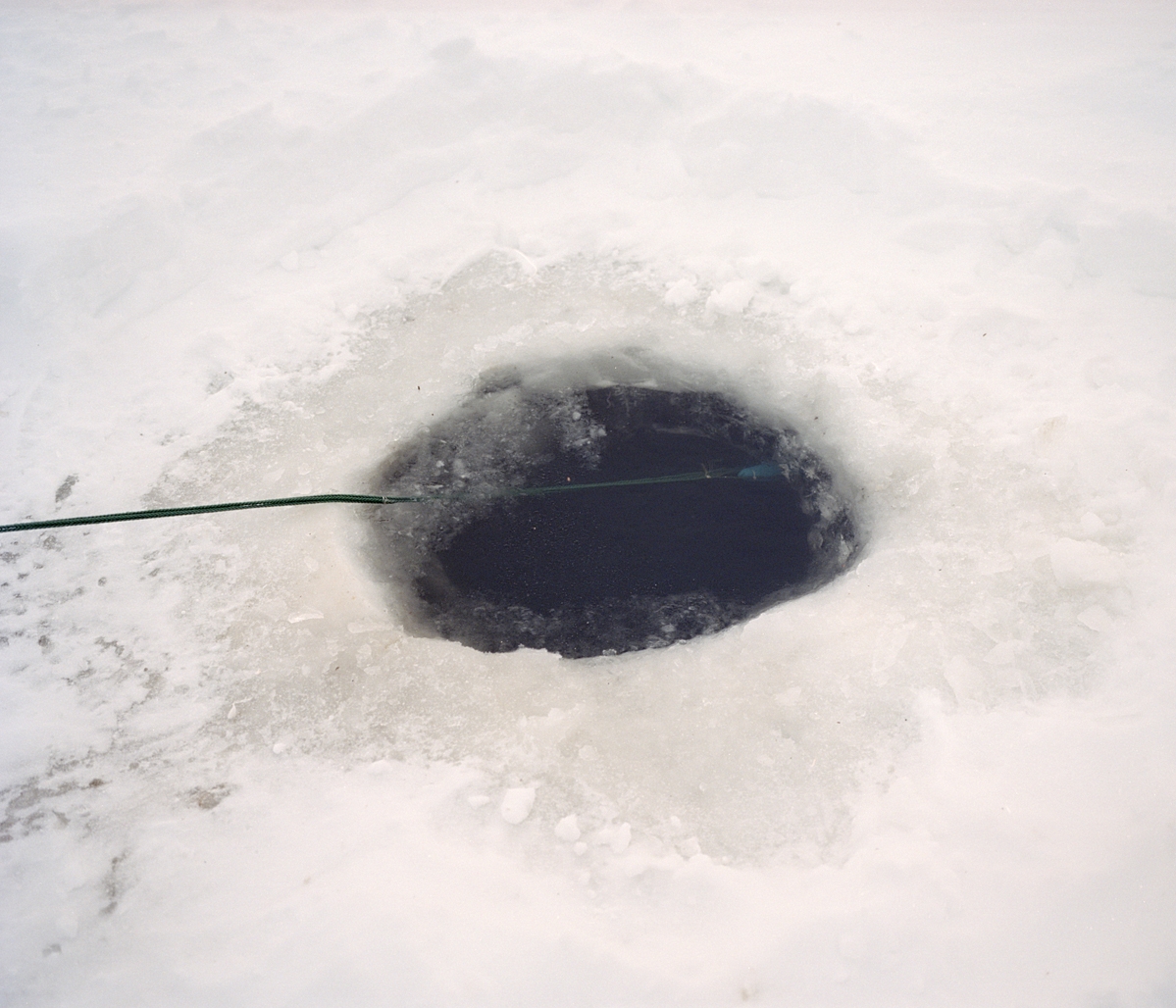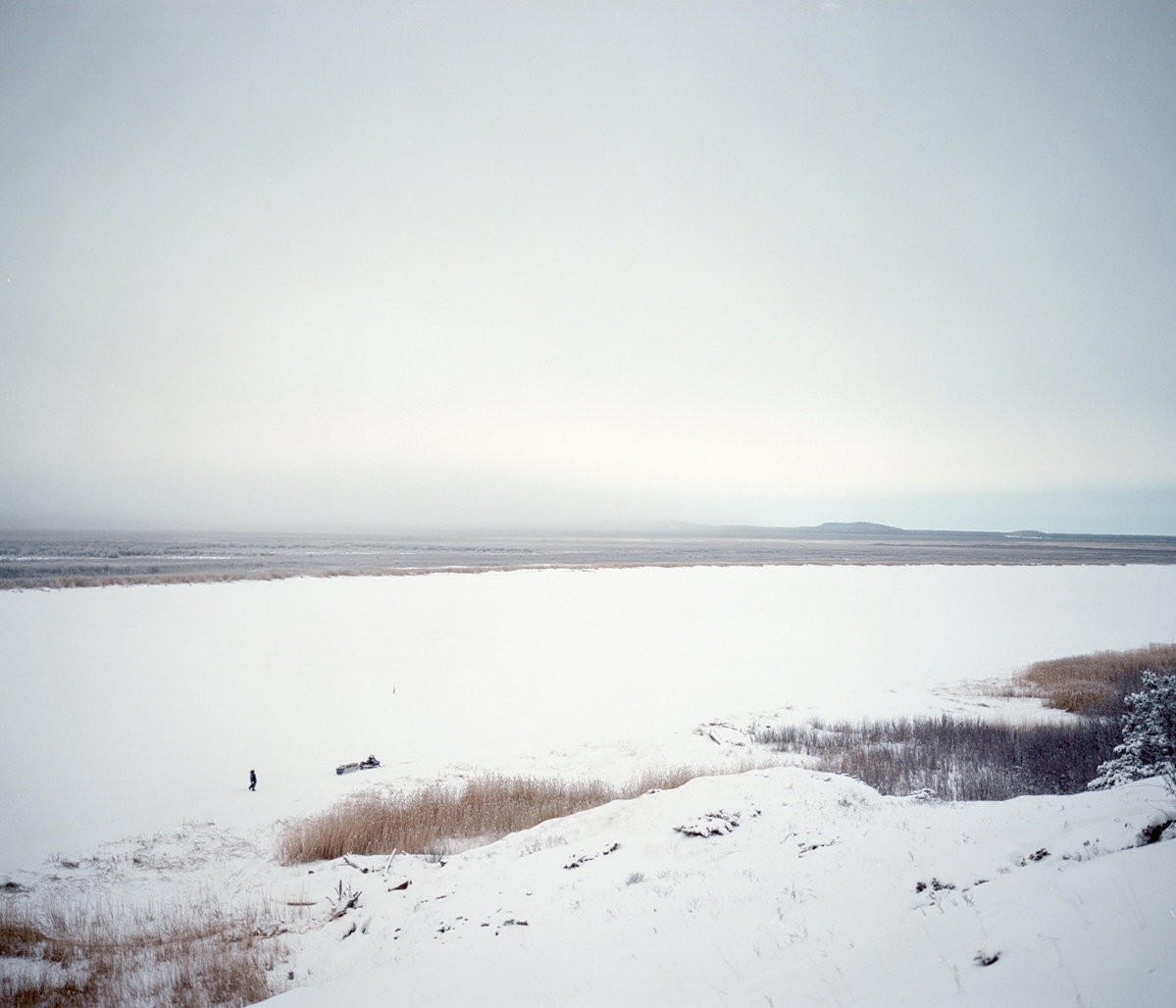The oil extraction from the Athabasca Tar Sands in the northern part of Alberta, Canada is controversial. On one hand the discovery of oil in the area has led to big economical gains for the province of Alberta, but these gains have come at a hefty price for the indigenous people in the area.
Fort Mckay, a native community, which lies in the heart of the oil fields, has slowly been surrounded by industry. To this date around 900 square km of boreal forest has been dug up to get to the oil. Local animals have disappeared from the area, and with them a big part of indigenous life is in danger of disappearing. Odors from the nearby oil upgrader facilities are a nuisance, especially in the summer time where it is often impossible to open windows because of the smells
250km further north along the Athabasca River, in Fort Chipewyan, elevated risks of rare cancers and skin diseases have been observed. Doctors and environmental experts have pointed out that there most likely is a direct link between these diseases and the chemicals and pollutants being discharged by the oil industry into the air and the waters of the Athabasca River.
Even though the pollution and the disruption of the environment by the industry is severe, some locals feel that the biggest problem is that the economic gains have taken focus away from their ancestral traditions.
